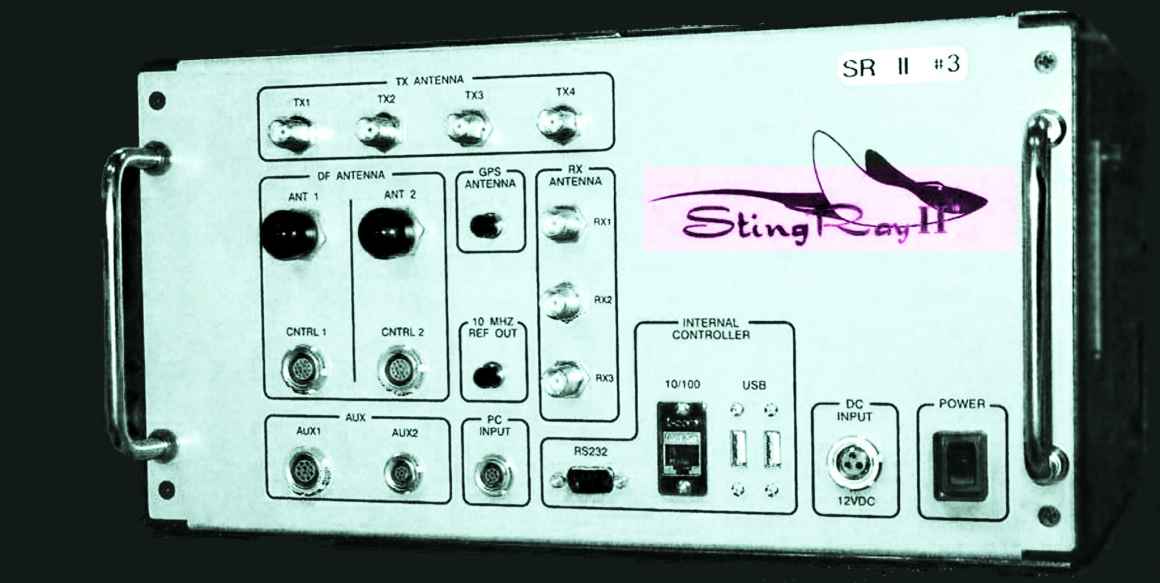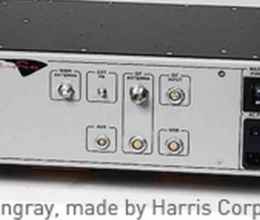In 2014, the U.S. Marshals raided the Sarasota Police Department before the break of dawn. Their mission: to steal police records that were slated to be turned over to the ACLU of Florida in just a few short hours. These records, which were requested by the ACLU under Florida public records law, contained information about the department’s use of Stingrays, controversial cellphone surveillance devices so shrouded in secrecy that the federal government would rather raid a police department than risk the public knowing the details of their use.
Stingrays, also known as “cell site simulators” or “IMSI catchers” work by mimicking cellphone towers and tricking phones within range into transmitting their locations and identifying information. And it’s not just criminal suspects’ information that’s being swept up. The devices collect the cellular data of unsuspecting bystanders who happen to be in the area.
You could be the victim of Stingray surveillance at any time, and you’d likely never know.
You could be the victim of Stingray surveillance at any time, and you’d likely never know. The only indications that your phone may be connecting to a Stingray device might be small glitches, like a dropped call, downgrade in connection level, or a change in the time on your phone.
The Department of Justice’s Electronic Surveillance Manual indicates that the devices are capable of not only accessing the precise location of cellphone users, but also of retrieving cellphone browser activity, SMS text messages, and the content of phone calls. Given the personal nature of the communications, images, and data stored on the average American’s phone, the indiscriminate and invasive nature of Stingray technology should deeply trouble us all.
The Marshal's unlawful seizure of public records in Florida epitomizes the lengths that law enforcement agencies will go to keep the details of these sophisticated snooping devices hidden from you, the public, at all costs. Defense attorneys across the nation report instances of prosecutors dropping cases or offering plea bargains to people suspected of violent crimes when the source of police evidence is challenged. If it comes down to a choice between revealing the use of Stingray technology or letting potentially violent criminals go free, law enforcement chooses the latter.
While not always this extreme, law enforcement departments routinely stonewall public records requests for information about this technology all over the country.
And it's happening here in New Mexico.
In May, we filed a public records request with the City of Albuquerque to determine if the Albuquerque Police Department uses Stingrays and what procedures govern their use. Citing the “law enforcement exemption” in IPRA law—a favorite stonewalling tactic—APD denied our request.
So, we sued. The only way to lift the veil of secrecy surrounding the use of these powerful surveillance devices is to demand transparency.
It is unclear to us where and how often the government deploys these devices, what rules govern their use, and how long Stingray data is stored because a matrix of non-disclosure agreements between the largest manufacturer of Stingray technology, the Harris Corporation, federal agencies, and local law enforcement, keep the use of these devices shrouded in secrecy. These agreements prevent local law enforcement from disclosing ownership and use of the technology to the public and even to the courts.
What is clear, however, is the lack of transparency around these powerful devices opens the door to widespread abuse of law enforcement power at the state and federal levels and at the expense of American citizens.
We know these devices are used in at least 24 states and the District of Columbia, as well as by 13 federal agencies. But many questions remain and the ACLU is dedicated to fighting for answers.
Just last month, the ACLU of Florida won an important victory in its long-term battle to secure public records seized by the U.S. Marshals Service in Sarasota back in 2014 when the 11th Circuit Court of Appeals ruled in its favor. While this case is still not fully resolved, it shows that determined privacy rights advocates like the ACLU are beginning to chip away at the walls our government has erected around its domestic surveillance programs. No one should have to worry that police are sifting through their data without a warrant, and we won't stop until fighting until your digital privacy is secured.







